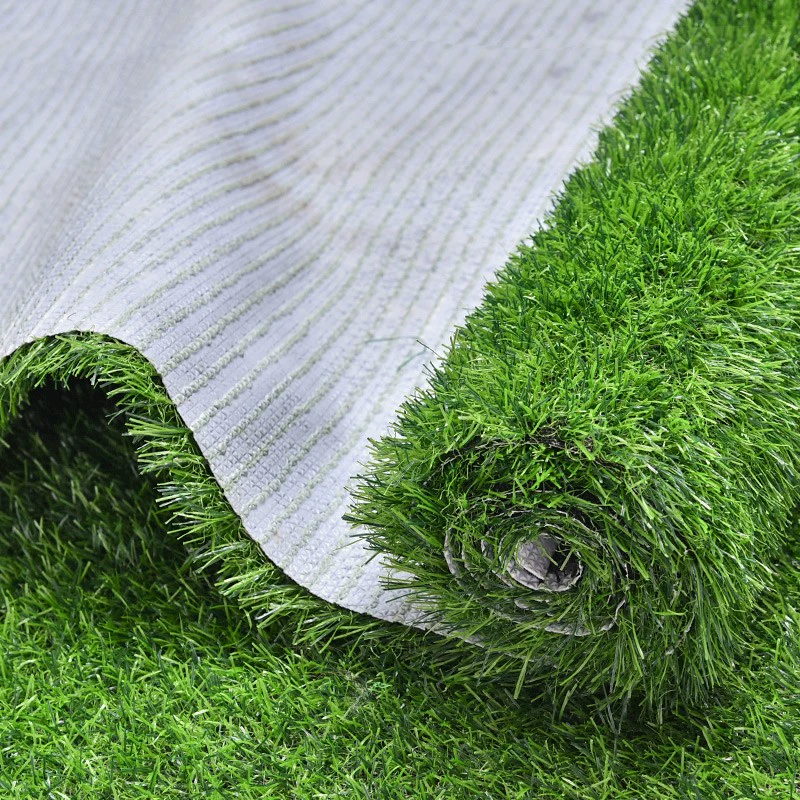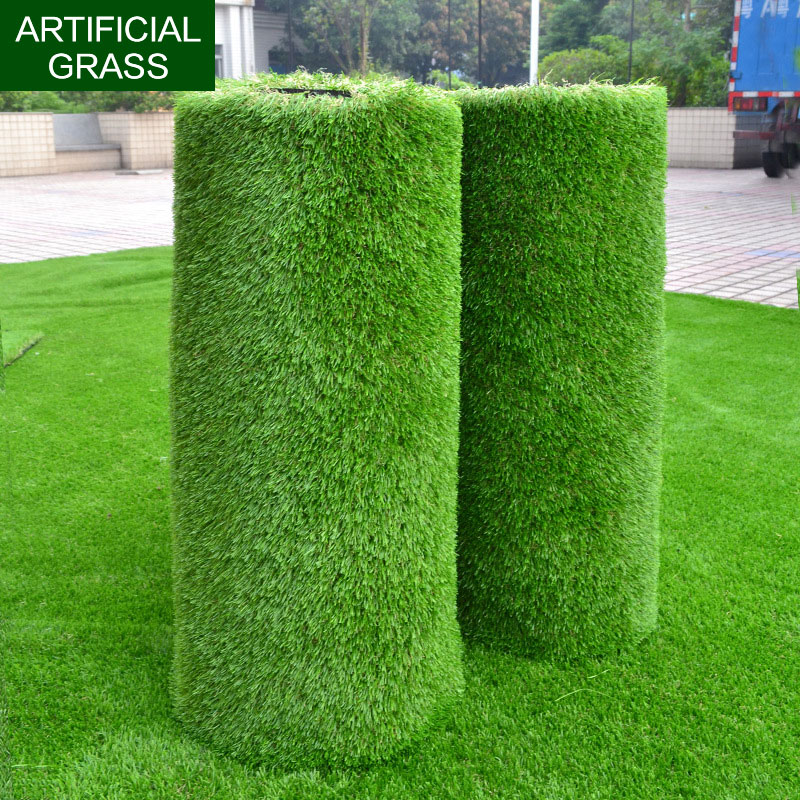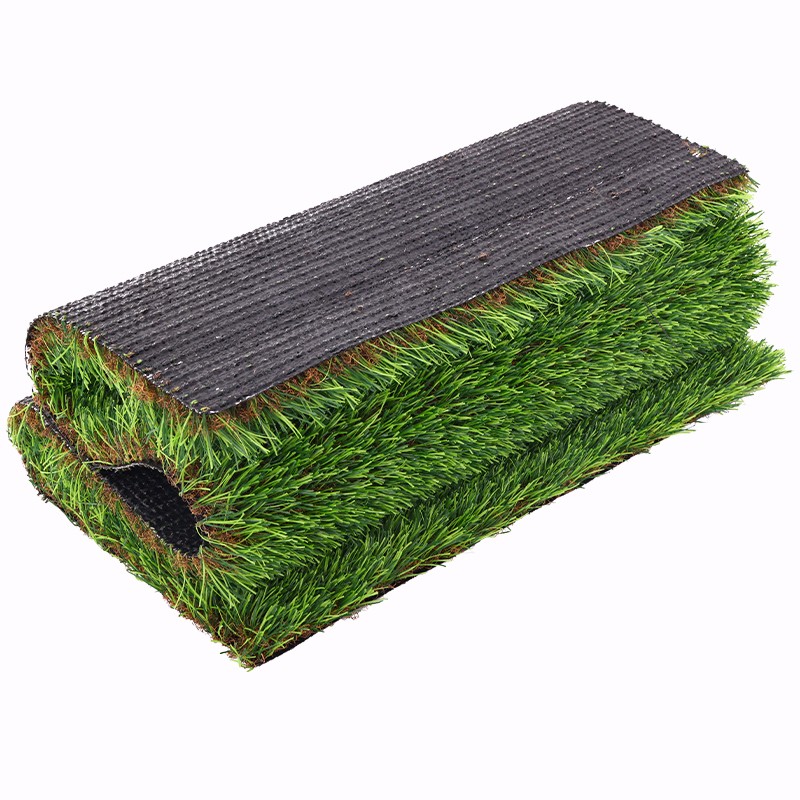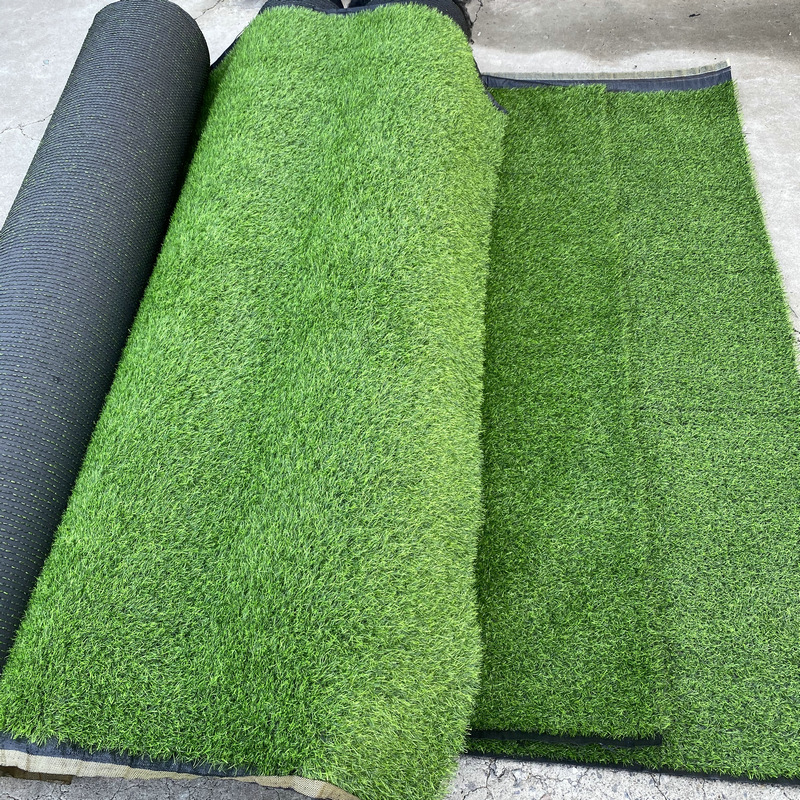
Artificial turf has gained popularity in football for several reasons, making it a preferred choice over natural grass in many cases. Here are some of the key advantages of artificial turf in football:
1. **Consistency:** Artificial turf provides a consistent playing surface, which is crucial for football. Players can anticipate how the ball will bounce, and they can rely on consistent footing and surface conditions throughout the game. In contrast, natural grass can become uneven and worn, affecting play.
2. **All-Weather Play:** Artificial turf can withstand various weather conditions, including heavy rain. It eliminates the issues associated with muddy or waterlogged natural grass fields, allowing games to proceed even in adverse weather.
3. **Durability:** Football is a high-impact sport, and artificial turf is designed to withstand heavy use. It can endure the constant running, cutting, and tackles without becoming damaged or excessively worn, which can be an issue with natural grass.
4. **Low Maintenance:** Artificial turf requires significantly less maintenance compared to natural grass. There is no need for mowing, watering, reseeding, or fertilizing. This reduces the ongoing maintenance costs associated with natural grass fields.
5. **Player Safety:** Many modern artificial turf systems incorporate shock-absorbing padding and infill materials that help reduce the risk of injuries due to falls or contact with the ground. This can enhance player safety, especially in high-impact sports like football.
6. **Customization:** Artificial turf fields can be designed with custom markings, logos, and branding, allowing for a professional and aesthetically pleasing appearance that can represent team colors and sponsorships.
7. **Longevity:** Well-maintained artificial turf can last for many years, providing a consistent playing surface season after season, which is particularly important for football teams with a regular schedule of games and practices.
8. **Cost Savings:** While the initial installation cost may be high, artificial turf can save money over time due to reduced maintenance requirements and the potential for increased revenue through more frequent and diverse use of the field.
9. **Environmental Considerations:** Artificial turf fields require less water, and the absence of chemicals like pesticides or fertilizers reduces environmental impact compared to natural grass fields.
10. **Increased Playing Opportunities:** Artificial turf fields can be used more frequently and can accommodate multiple teams or sports, allowing more playing opportunities for a wider range of athletes.
While artificial turf offers these advantages, it’s essential to note that there are also factors to consider, such as the potential for increased heat on hot days and the potential for abrasive surfaces. Nevertheless, artificial turf’s consistency, durability, and suitability for all-weather play make it a practical choice for many football teams and organizations, especially in regions with challenging natural grass field conditions.









